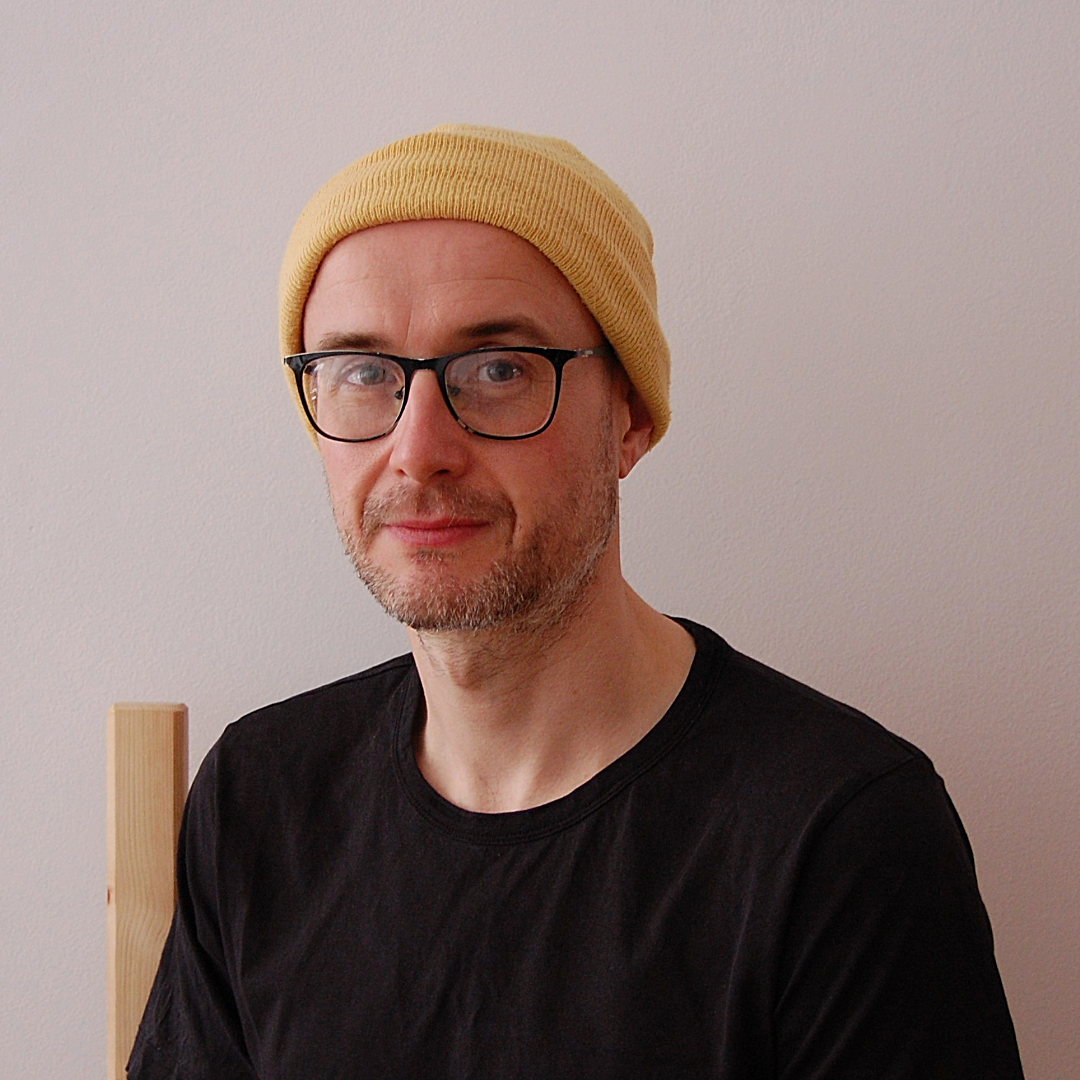The Paris AI Action Summit: The Eighteenth Brumaire of Big Tech?
William Burns / Feb 7, 2025William Burns is a fellow at Tech Policy Press.

The Coup d'État du 18 Brumaire in November 1799 brought Napoleon Bonaparte to power as First Consul of the French First Republic, effectively ending the French Revolution.
The AI Action Summit kicks off in Paris next week, co-chaired by France and India and billed to feature the US Vice President JD Vance. In addition to French President Emmanuel Macron’s goal to showcase his country’s “rich and vibrant AI ecosystem,” the organizers pledge that the Summit will “help implement the recommendations of the Global Digital Compact.” A specific objective means we can gauge if the summit adds value, at least in this dimension. But will it also turn out to be a coup d’etat for Big Tech?
Step and Repeat
The Paris summit is the latest in a series of gatherings that kicked off in Bletchley Park in November 2023, in the heady days during the first year after OpenAI released ChatGPT. “Perhaps this meeting could have been a ChatGPT-generated email, and saved the carbon expenditure of jetting everyone in,” was how the British science magazine New Scientist dismissed that event, which drew world leaders and celebrities eager to be photographed on the grounds that Alan Turing once trod (or perhaps to rub elbows with today’s “leading figures from the world of computing,” such as Elon Musk).
Next week’s summit comes at a tense time when multilateralism has been declared dead by many due to the posture of the new Trump administration. It is, therefore, also the first event of its kind to offer a hint of what might be achievable in these constrained circumstances.
So far, it seems hopes are not high, with Reuters reporting that “a non-binding communiqué of principles for the stewardship of AI, bearing U.S., Chinese and other signatures…would mark a big achievement.”
During the conference, there will be a workshop dedicated to implementing the Global Digital Compact (GDC) with a dozen international organizations, as well as representatives of civil society and business, in the presence of the two co-facilitators. There will also be a debate on implementing the recommendation for a scientific council during the scientific days and a meeting on general-purpose AI (GPAI), which will also deal with mechanisms for science policy dialogue.
For reference, the GDC was agreed last September at the UN. It is billed as a "comprehensive framework for global governance of digital technology and artificial intelligence." At the time of its agreement, it was reviewed positively by experts in Tech Policy Press – obviously with all the usual caveats about the weaknesses of non-binding multilateral agreements. Unless there is a push from governments, the GDC will remain on paper only. In this regard, it is good news that the French officials took it up. The GDC makes a lot of commitments, some of which are due to be completed by 2030, such as “connect the remaining 2.6 billion people (on the planet) to the Internet.”
We are told by the UN that the General Assembly will review progress on the GDC in September this year. The other key date is July when the World Summit on the Information Society gathers in Geneva. The Paris Summit can be read as part of that process and judged on that basis. But as with any single multilateral meeting, the difference between success and failure is often subtle and only visible to diplomats and others who closely follow the work.
Beware the Eighteenth Brumaire of Big Tech
Commentators have tended to argue that these big AI conferences are under the thumb of Big Tech. Indeed, it is easy to view them as little more than lobbying opportunities for corporations, much like the international climate conferences have become for the fossil fuel industry, only with fewer past achievements to their name.
An article on this website last month articulated a widely-felt frustration with the event and called for it to be reclaimed from Big Tech. The previous London and Seoul conferences seemed elite affairs for “high-level officials, key industry figures, and academia” (citing the official South Korean website).
In contrast, the latest conference in Paris makes reference on its English language website to the inclusion of “non-governmental organizations, artists and members of civil society” (the original French version lacks this specific reference, although it mentions “AI in service of the public interest”).
The conference website invited public contributions in October and November last year, indicating they would be published and presented to the President’s special envoy, Anne Bouverot, a prominent businessperson.
It seems enrolling the help of NGOs and civil society is an important part of the UN digital compact. The AI Commons project, which aims to “nourish alternatives to Big Tech monoculture,” might yet prove one rallying point for that kind of agenda if it can navigate the power imbalances of past projects.
At the moment, the fundamental paradox is that “all the world’s citizens and users, start-ups and major corporations, researchers and decision-makers, artists and media outlets” are facing “the same question,” according to the French AI summit’s official website. Even accepting the need for diplomatic niceties, this premise is misleading – we know the problem is that the interests of various groups are not aligned and probably cannot be aligned.
But a lot of UN processes now involve multinational firms. This was raised in an important report by the Transnational Institute (TNI). The report argued that for the past 20 years, the UN has been moving from a strictly intergovernmental organization to an environment where corporations are integrated into global governance to the exclusion of civil society and the global south. This has been promoted under the banner of multistakeholderism. It is not a problem unique to this field. But while the boat left the dock on this matter long ago, it might still be important ground for contestation.
Given the trajectory of things, Big Tech firms will likely emerge from the fog of the dialogue in Paris yet more powerful than before, as nations appear more interested in exploiting AI than regulating it or containing its effects on people and societies.
Authors
